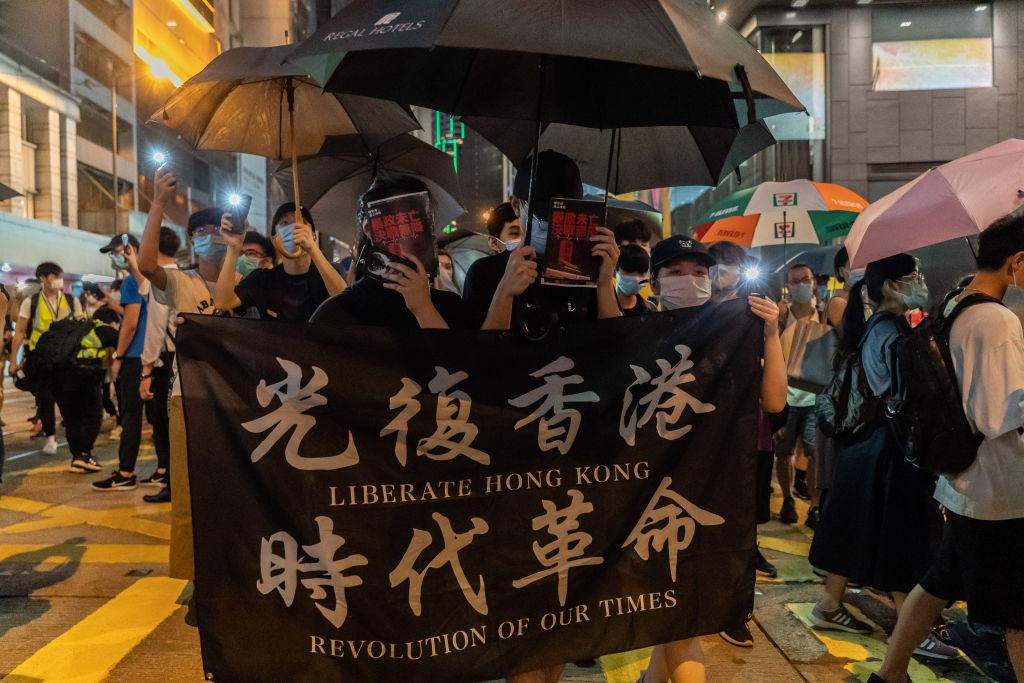Beijing’s proposed national security law for Hong Kong has sparked jitters across the Chinese-ruled city.
After a Chinese human rights lawyer revealed in a media interview how he was tortured while in detention in mainland China, Hong Kong activists and lawyers are worried that Hongkongers could face similar treatment if they’re found guilty of violating the national security law.





